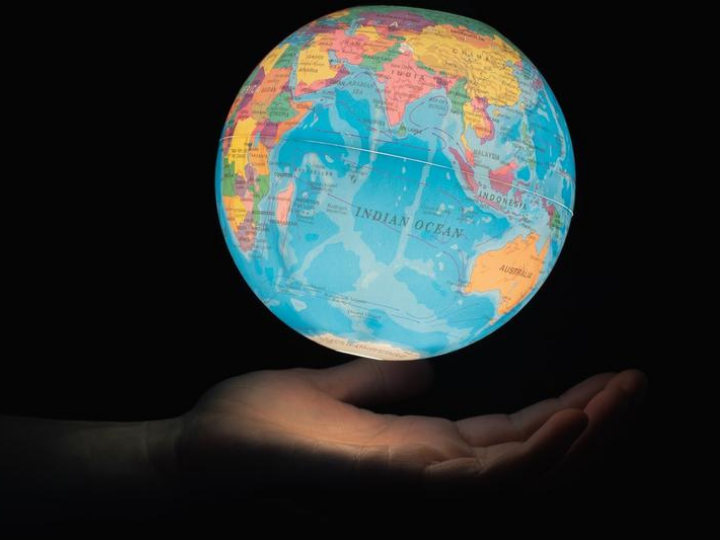by Klaus Schwab*
What do you do when violent conflict erupts, innocent people get killed, and human rights are being violated? I believe any person with a heart and a moral compass would feel compelled to condemn the aggressors. Not doing so feels wrong on a moral level, and could raise the risk of further escalation. Are we misguided then, as an international institution, to not speak out unequivocally when conflicts emerge, and innocent people suffer? Are we “hiding” behind our impartiality?
My personal conviction goes strongly towards speaking up. I grew up in Germany during and just after WW2, and among the most impactful moral lessons we were taught were those of the pastor Martin Niemoller. He repented for having done nothing and warned of the consequences. “Finally they came for me,” he said of being detained in 1938, “and there was no one left, to speak out for me.”
To me, his lesson was not so much about the personal price we may one day pay for not speaking up in a similar situation, but the societal price we pay collectively when injustice is answered with silence. The implication was clear: personal morality is the cornerstone of a just society, and it is the role of every one of us to speak up when ethical boundaries are crossed, whatever our background or function. Our collective fate depends on it.
It may seem a contradiction then, that the organization I founded more than 50 years ago, as a rule does not publicly speak up as an institution when injustice occurs. Many of us in the organization’s leadership have wanted often to take a stand, yet we almost never have. The World Economic Forum has not issued public condemnations when wars broke out, regimes committed crimes, or authoritarian, racist or xenophobic leaders came to power. Why?
The reason is that we play another role in our quest to help and improve the state of the world. It is the role of bridge builder, that of impartial and independent broker, not only between the public and private sector, but also where possible between opposing political forces. It is a role that is most successful when it happens behind the scenes and without public noise. Nevertheless, it is crucial to establishing a world of peace, cooperation and shared prosperity, and it critically depends on not taking a public stance.
Throughout our history, we have grown organically into this role. As we are at our origin an economic forum, we attracted parties that came of very different backgrounds: competing companies, but also opposing political parties and geopolitical rivals. They found in us a platform where they could speak about something that connected them, rather than something that pitted them against each other. And it allowed us over time to bring parties together that otherwise would not meet.
In the 1980s, for example, political leaders of Turkey and Greece convened in Davos and used it as an informal forum to work towards peace and collaboration. The same thing happened with the outgoing and incoming South African leadership of F.W. De Klerk and Nelson Mandela, the leaders of West and East Germany, the leaders of Cyprus, and, during various eras, political and later business leaders from Israel and the Palestinian Territories.
Impartiality and neutrality are enshrined in our charter as an international organization. We also built it into all our governance rules, allowing people to associate with the Forum independent of their race, nationality, gender or political conviction, knowing that the purpose of the Forum is to improve the state of the world through dialogue and action-oriented collaboration.
Ultimately, I am convinced that our role as an impartial and independent organization is the appropriate one. It has allowed us at many occasions to convene parties that could not even fathom to meet, and to convince them to work towards peaceful cooperation. We could do so, not as the result of a single action or statement, but thanks to the consistent application of our impartiality principle, even in the most difficult of circumstances.
Both personally and as an institution, we fully support and endorse the universal principles, rights and frameworks that were put in place in the past 75 years to ensure that everyone in the world can lead a peaceful and prosperous life. But when it comes to speaking out in specific conflicts, and with specific parties involved, we will refrain from endorsing or condemning any one side. It is a choice we make with conviction and courage, since we know that in the world which is unfolding there will be ever more the need for a trusted, honest bridge builder.
*Founder and Executive Chairman, World Economic Forum
**first published in: www.weforum.org




 By: N. Peter Kramer
By: N. Peter Kramer
